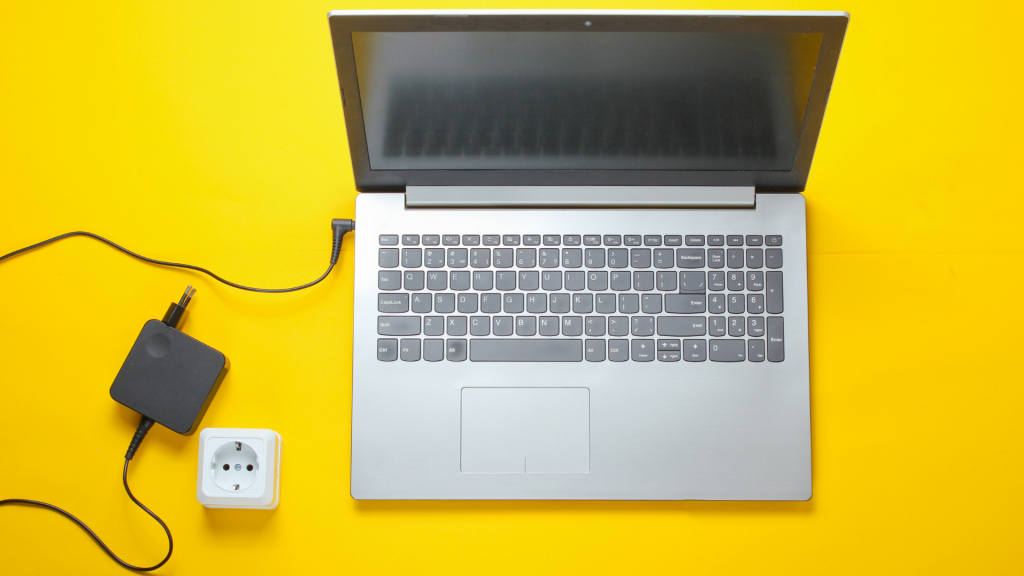One of the most important components of your laptop is the charger because, without it, you will be left with a dead machine. And while some components may last for years on end, eventually laptop chargers may need to be replaced — especially if they’ve been subject to any amount of wear and tear due in part to constant plugging and pulling out that lead to them becoming faulty and breaking down on their own if not taken care of properly.
The common culprits to a damaged laptop charger are moisture, water or getting it wet in some way, and the tight bending of the wires, especially those that are coiled for added length. Overheating and charging at high temperatures can also cause damage to your laptop charger as well as the battery you’re using with it. Last but not the least, physical damage is another culprit behind a broken-down laptop charger.

Moisture
Getting your laptop charger wet can cause damage to your laptop’s charger in two ways — the first is when liquid seeps through the casing of the unit and into the interior where components are housed.
The second is water filling up inside from improper drying that leads to rusting, which causes short-circuiting. Liquid also contains traces of minerals like salt, which can cause corrosion to the metal wires in your charger.
Faulty Coiled Wires
This is perhaps one of the most common causes of damage to laptop chargers — when a coiled wire is repeatedly bent back and forth on a regular basis it stretches out its length resulting in fraying, weakening, and breakage.
This repeated flexing puts stress on its connector pin that holds it firmly in place inside the wall socket, resulting in a loose connection or worse — broken wires altogether. If this happens, you may notice your laptop not charging at all or taking too long to charge.
Overheating
Your laptop can overheat when its cooling system is not working properly, which happens when dust particles have clogged up the vents on your device. When this happens, your charger will come into contact with hot air that has built up inside and damage the internal components and wires.
As a result, your laptop won’t charge or it will take too long for the battery to reach full charge. Additionally, the overheating of your charger can result in the shortening of its lifespan.
Physical Damage
When your charger is dropped onto hard surfaces — especially those that are not flat like concrete and asphalt — the internal wires can dislocate resulting in short-circuiting and making an electrical connection between two points that should not be connected.
Additionally, serious drops onto hard surfaces can damage the casing of your laptop charger as well.
If you’re concerned about a possible damaged laptop charger, here are some things to look out for. The first is physical damage to the cord and its end plug: if there are any tears or cracks in the outer covering of the charger, or if you can see any burn marks caused by frictional heat and short-circuiting inside.
Final Words
Laptops need to be charged regularly and, if your charger has been damaged in any way, you should have it repaired or replaced immediately as a power-deprived laptop can lead to permanent loss of data due to the head crash that damages the hard disk.
If your laptop charger has experienced moisture damage, or if any of the wires inside are frayed and damaged, you should already check your charger for any damage first. Water in particular can cause rusting inside that will shorten the lifespan of your charger.
Also, keep an eye out for overheating because this can also cause permanent damage — either to your laptop and its charger or to the battery you’re using with it.
